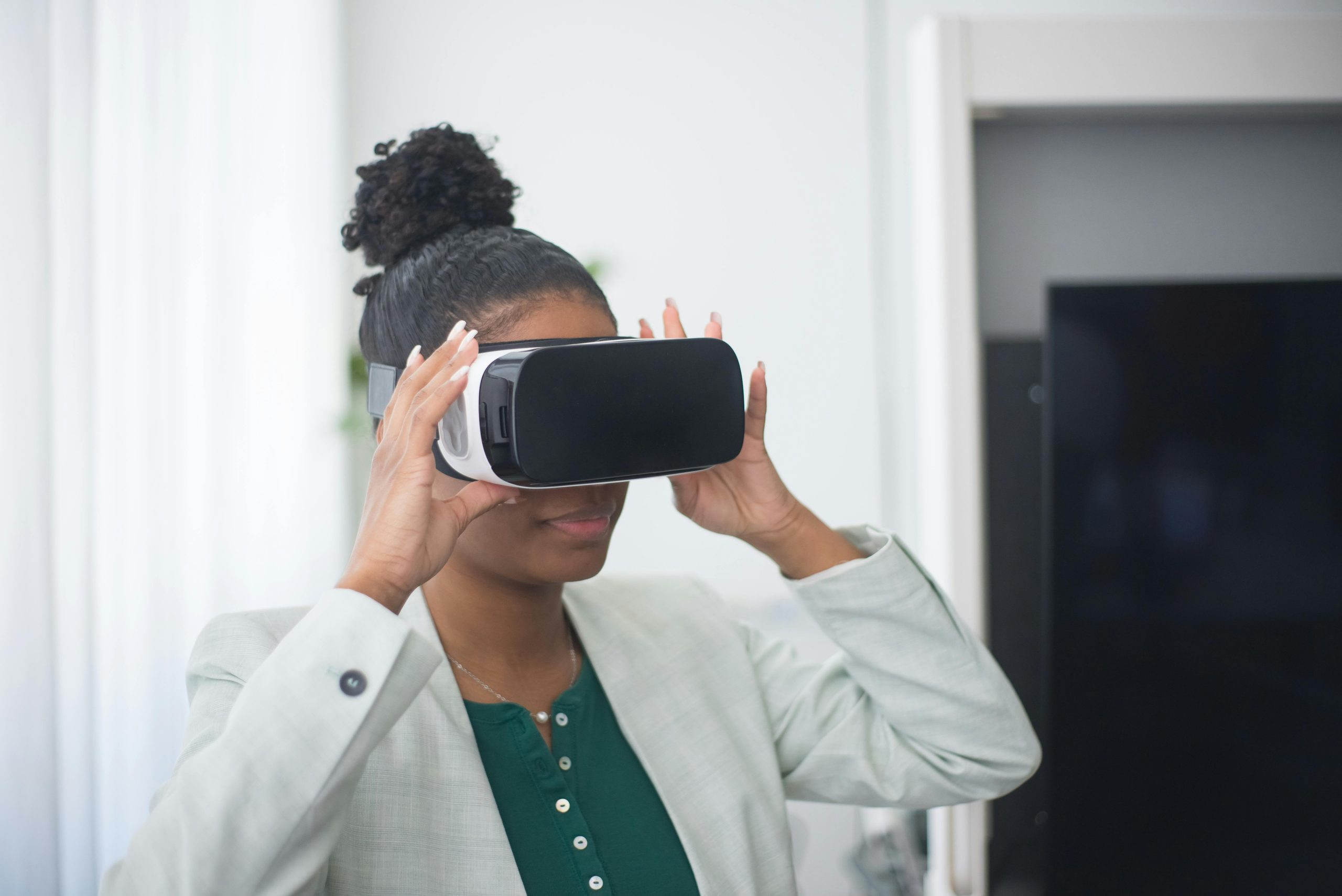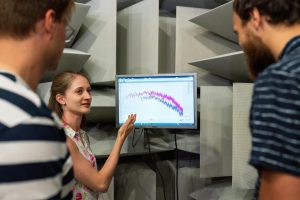Analyzing the Role of Quantum Computing in Future Gadgets
The rapid advancements in technology have led to the development of many groundbreaking gadgets that have transformed our lives. However, in the near future, there is one technology that has the potential to revolutionize the way we think about gadgets – quantum computing. While the concept of quantum computing may seem abstract and complex, it has the potential to unlock endless possibilities in the world of gadgetry. In this article, we will analyze the role of quantum computing in future gadgets and how it has the potential to shape our lives in ways we never thought possible.
Understanding Quantum Computing
Before delving into the role of quantum computing in future gadgets, it is essential to understand what makes this technology so unique. Unlike conventional computers, which utilize binary digits (0s and 1s) to store and process information, quantum computers operate on quantum bits or qubits. These qubits have the ability to represent multiple values simultaneously, giving quantum computers an unmatched processing power.
Quantum Computing and Data Storage
The ability of quantum computers to process vast amounts of data in a fraction of the time it takes conventional computers is what makes this technology so promising for future gadgets. With our ever-growing needs for data storage, quantum computing can potentially address this issue by incorporating qubits in storage devices. These devices will have a much higher storage capacity and faster data transfer speeds, making them ideal for gadgets that require large amounts of data processing and storage.
Quantum Computing and Artificial Intelligence
Artificial intelligence has been a major focus in the world of technology, and quantum computing has the potential to take it to the next level. With the ability to process immense amounts of data and simulate complex systems, quantum computers can significantly boost the capabilities of AI-powered gadgets. This will lead to the development of smarter and more efficient gadgets that can cater to our needs in unique and innovative ways.
The Impact of Quantum Computing on Future Gadgets
The potential impact of quantum computing on future gadgets goes beyond data storage and artificial intelligence. This technology has the potential to shape the way we interact with gadgets, making them more intuitive and user-friendly. For instance, quantum computing can significantly enhance virtual reality experiences by simulating real-world scenarios with high precision and speed. It can also revolutionize the gaming industry by providing an immersive and realistic gaming experience.
Challenges and Limitations
Despite its potential, quantum computing still faces many challenges and limitations. One of the significant challenges is the fragility of qubits, which are highly sensitive to interference from external factors. This requires the development of specialized and expensive equipment to maintain the integrity of these qubits, making it difficult for this technology to become mainstream. Additionally, there is a lack of skilled professionals in the field of quantum computing, hindering its progress and widespread adoption.
The Future of Quantum Computing in Gadgets
While there may be challenges and limitations, the future of quantum computing in gadgets looks promising. Many tech giants, such as Google, IBM, and Intel, have invested in quantum computing research, and significant breakthroughs have been made in recent years. As this technology continues to progress, it is only a matter of time before it becomes an integral part of future gadgets.
Conclusion
In conclusion, the potential of quantum computing in future gadgets is immense. From data storage and artificial intelligence to virtual reality and gaming, this technology has the power to transform the way we interact with gadgets. However, it is essential to address the challenges and limitations to realize the full potential of quantum computing in the world of gadgets. Only then can we truly unlock the endless possibilities and advancements that this technology has to offer.










